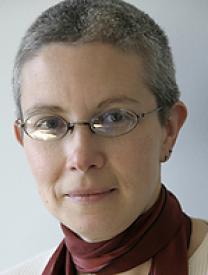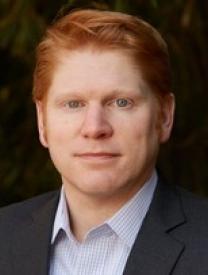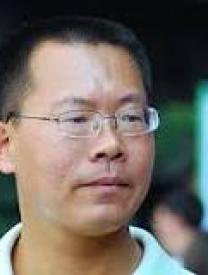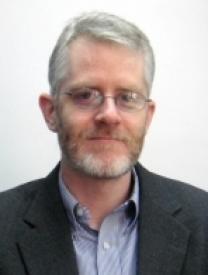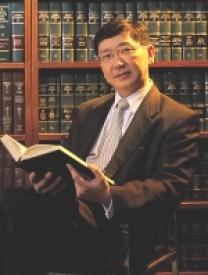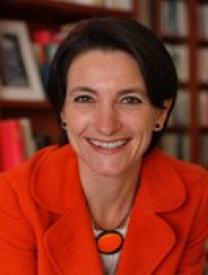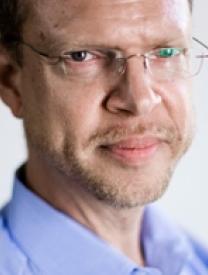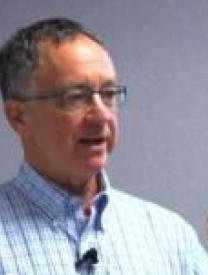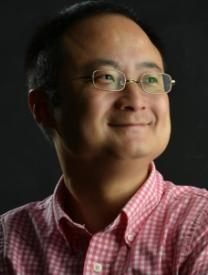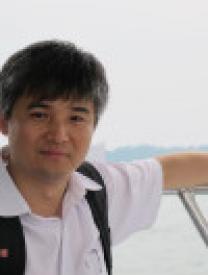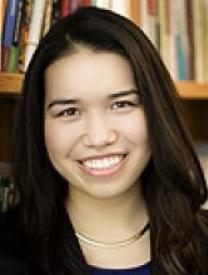Each year, the CSCC invites leading experts to Penn to present their research and share their knowledge about contemporary China. Typically scheduled for Wednesday afternoons 4:30-6 pm, speakers will deliver their remarks and then entertain questions from the audience. Attendance is open to the entire Penn community. Announcements about upcoming talks will be posted on the CSCC website and disseminated via the Center’s listserv. To be added to the listserv, please visit our signup page https://groups.sas.upenn.edu/mailman/listinfo/cscc-announce.
Past Speaker Series
China and International Human Rights
Sophie Richardson, Human Rights Watch
Sophie Richardson is the China director at Human Rights Watch. A graduate of the University of Virginia, the Hopkins-Nanjing Program, and Oberlin College, Dr. Richardson is the…
Rights Protections Lawyers in China
Thomas Kellogg, Open Society Foundations
Thomas Kellogg is director of the East Asia Program at the Open Society Foundations. He is also a lecturer-in-law at Columbia Law School. At the Open Society Foundations, Kellogg focuses most closely on…
The Rights Defense Movement and Political Transition in China
Teng Biao, Human Rights Attorney
Dr. Teng Biao (滕彪) is a Lecturer at China University of Political Science and Law, Beijing, where he specializes in human rights, the judicial system, the constitution and social movements.…
Arguing for Justice: Public Opinion, Legal Controversy, and the 'Chinese Dream'
Joshua Rosenzweig, Chinese University of Hong Kong
Joshua Rosenzweig’s scholarship focuses on issues of human rights in contemporary China, including criminal justice and reaction to political dissent. He has taught at the Chinese University of Hong…
Some Reflection on the Democratic Movement in Hong Kong
Johannes Chan, Professor of Law, University of Hong Kong
Johannes Chan specializes in human rights, constitutional and administrative law, and has published widely in these fields. His recent books include Law of the Hong Kong Constitution (…
China’s Legal System--or Governing by Diktats
Stéphanie Balme, Columbia University Law School Alliance Program Visiting Professor
This talk presents some results of a study which assesses recent decades of legal reform in China. Constructing and analyzing a dataset of all laws and administrative regulations promulgated between 1978 and 2014, it…
Understanding China's Booming Relations with Africa: A Historical Perspective
Howard French, Associate Professor, Columbia University Journalism School
Howard French received his B.A. from the University of Massachusetts – Amherst. He worked as a French-English translator in Abidjan, Ivory Coast in the early 1980s, and taught English literature at the University…
Occupy Central in Hong Kong, the Sunflower Movement in Taiwan: Popular Resistance in Greater China
Thomas B. Gold, Professor of Sociology, University of California at Berkeley
For many years, China has been successful at utilizing a variety of means (such as formal agreements, investments, preferential trade) to insert itself into the economies of Hong Kong and Taiwan. But 2014 has seen…
Chinese Rights Advocates: Plight and Prospects
China and Human Rights Series
LU Jun, Beijing Yirenping Center, Visiting Scholar, US- Asia Law Institute, New York University School of LawZHOU Dan, LGBT Lawyer, Visiting Scholar, U.S.-Asia Law Institute, New York University School of Law
LU Jun has been active in China’s public interest sector since 2003, focusing primarily on anti-discrimination and other civil rights issues in the fields of public health, mental health, and food and drug safety…
Campaign Rhetoric and the Surprising Stability of Leadership Transitions in the Asia-Pacific
Jessica Weiss, Assistant Professor of Political Science, Yale University
Conventional wisdom holds that leadership transitions are periods of heightened uncertainty as foreign actors seek to probe the resolve of new and untested leaders. However, a careful examination of…

